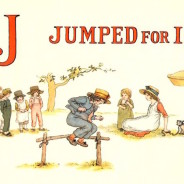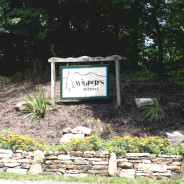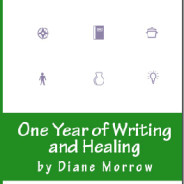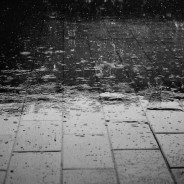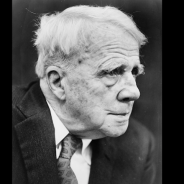Prayer for Joy by Stuart Kestenbaum
I love that Kestenbaum’s poem begins with a question: What was it we wanted to say anyhow? There’s so much we could say, and perhaps there’s something ready to emerge—be spoken—but what was it exactly? What word or string of words out of all the ones we’ve learned? There’s so often some external condition to consider—to remind us—something happening in the world. In the case of this poem, a bowl of alphabet soup! And the letter J floating up to the surface—that letter so often neglected and thus surprising. Kestenbaum writes: The ‘j’, a letter that might be great for Scrabble, but not really used for much else, unless we need to jump for joy, and then all of a sudden it’s there and ready to help us soar and to open up our hearts at the same time . . . Oh, letter J. All of a sudden—there—there you are—ready to help us soar and open up—reminding us—what word was it? Jump? Joy? And the two coming together becoming more than either—soaring and opening—both at the same time. Kestenbaum continues: this simple line with a curved bottom, an upside down cane that helps us walk in a new way into this forest of language . . . A forest of language—and with so many possibilities—so many things we could say to each other. So many words we could write. Beginning with nothing more than such simple lines and curves. Now, what is it we want to say? A full text of the poem can be found at Poetry Foundation The image is from A Apple Pie by Kate Greenway housed at the digital library of U. Penn. A book from my own childhood that I loved, each letter calling forth something...
read more
